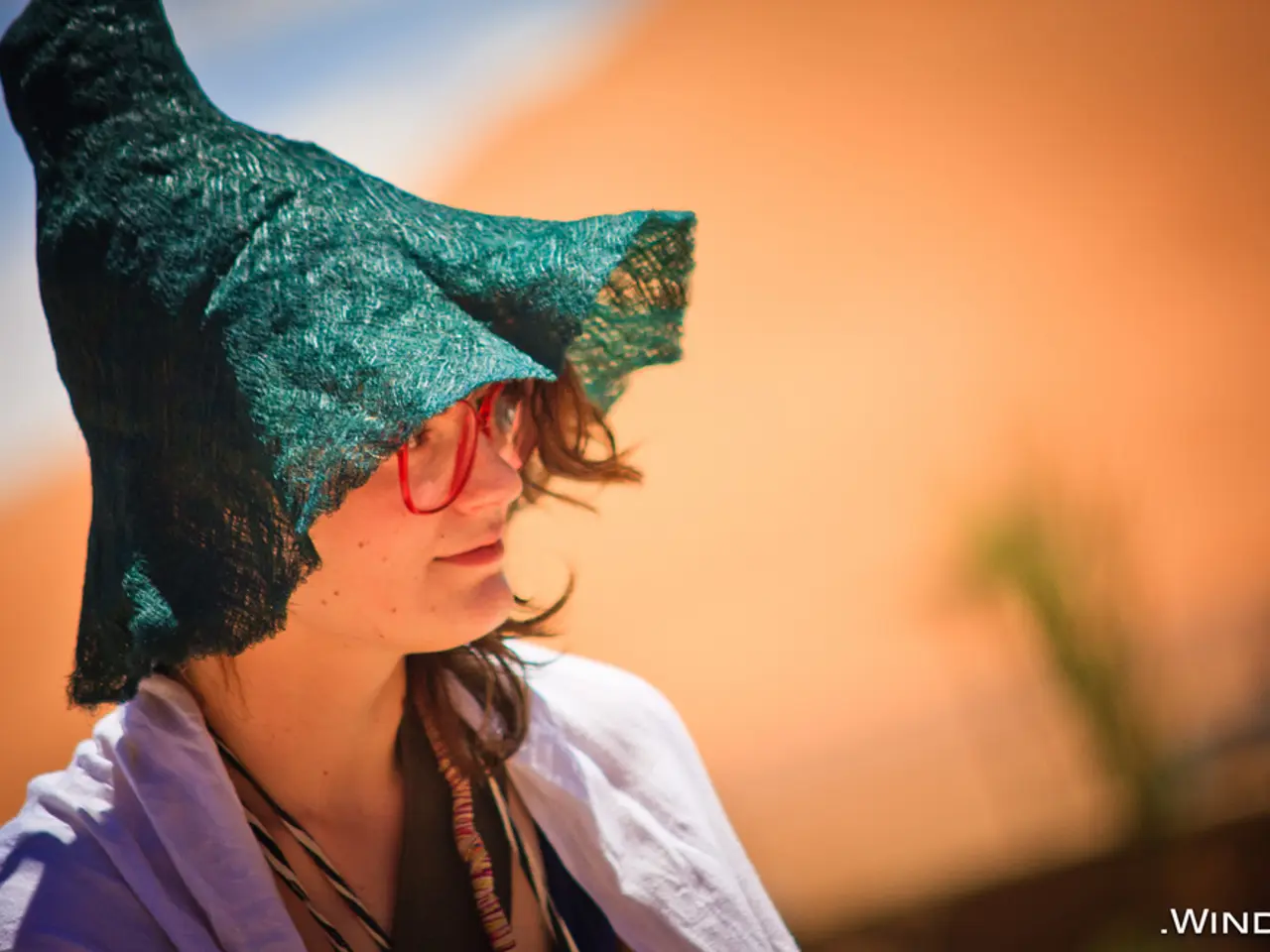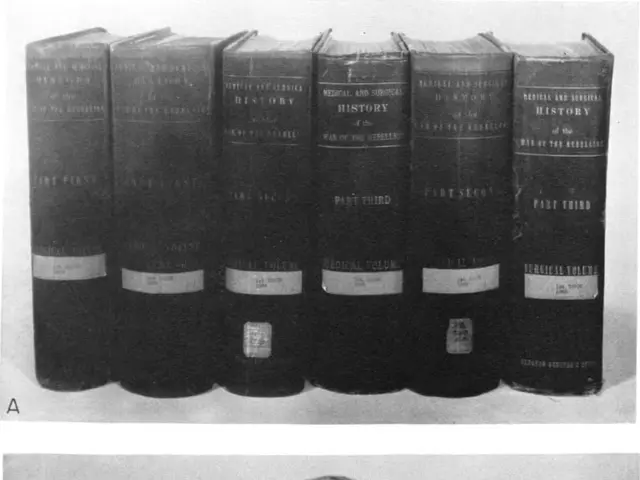Treatment utilizing nasal sprays for dry eye condition
Tyrvaya, a nasal spray containing varenicline solution, has been approved by the FDA as a unique treatment for dry eye. This medication works by stimulating the body's natural tear production through a neuromodulatory mechanism, providing relief for dry eye symptoms [1][2][4].
Benefits of Tyrvaya Nasal Spray
Tyrvaya offers several advantages over traditional treatments. It increases natural tear production, targeting multiple components of tear production (aqueous, lipid, mucin) by activating the lacrimal functional unit [1][2][4]. As a nasal spray, it is non-invasive and easier to administer than eye drops, providing a treatment option beyond artificial tears or anti-inflammatory eye drops.
Usage Considerations
Tyrvaya is typically prescribed as one spray in each nostril twice daily by an eye doctor. It is best suited for adults with dry eye symptoms not sufficiently relieved by artificial tears. Unlike eye drops, it avoids some local ocular surface discomfort associated with topical treatments [2][4]. However, it does not directly target ocular surface inflammation, so it may be used in combination with anti-inflammatory treatments if needed [2][4].
Side Effects
Common side effects of Tyrvaya nasal spray include nasal irritation, sneezing, cough, or increased nasal secretions due to administration in the nasal cavity. Because it acts systemically via neural pathways, systemic side effects are generally minimal. Unlike corticosteroid eye drops, it does not carry risks such as increased intraocular pressure [1][4]. Side effects tend to be mild and transient.
Additional Context
Tyrvaya is part of a broader dry eye treatment paradigm that may involve first-line use of artificial tears, eyelid hygiene, warm compresses for meibomian gland function, anti-inflammatory eye drops (like cyclosporine or corticosteroids), and moisture-retaining inserts depending on severity and inflammation status [2][4][5]. Its unique nasal administration distinguishes it from other treatments and offers an alternative for patients seeking non-ocular surface therapies [1][4].
In clinical trials, most people did not have to stop treatment with Tyrvaya due to side effects. Tyrvaya nasal spray provides sustained improvements in dry eye symptoms with regular use. In the ONSET-1 and ONSET-2 clinical trials, people with dry eye who received twice-daily medicated nasal spray had greater tear production and fewer symptoms of dry eye than those who received a nonmedicated nasal spray after 28 days of treatment [3].
However, it is important to note that Tyrvaya nasal spray is not currently approved to treat dry eye outside of clinical trials. Similar results have been observed in other clinical trials involving nasal sprays for dry eye treatment.








